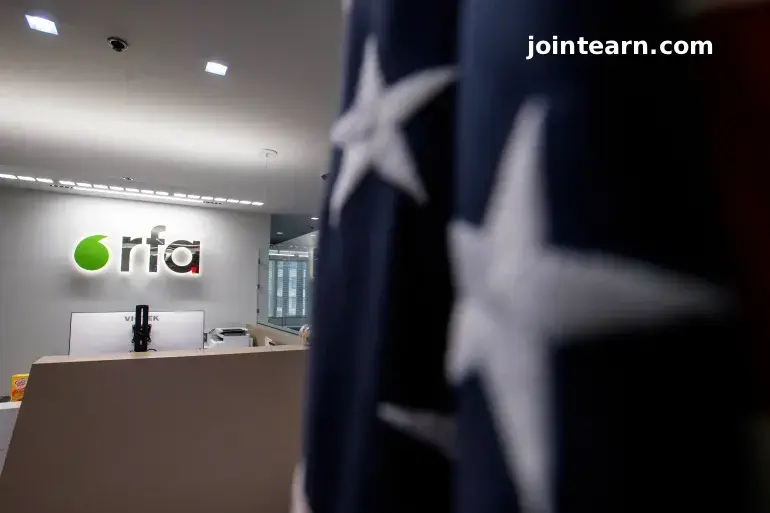
Radio Free Asia (RFA) announced it will halt all remaining news operations this Friday, citing severe financial pressures caused by funding cuts under President Donald Trump’s administration and the ongoing US government shutdown. The decision marks a significant disruption for one of the world’s key independent news outlets serving regions with limited press freedom.
Financial Uncertainty Forces RFA to Suspend Reporting
RFA President and CEO Bay Fang explained that uncertainty over the outlet’s budgetary future has left the organization with no choice but to suspend news production.
“In an effort to conserve limited resources on hand and preserve the possibility of restarting operations should consistent funding become available, RFA is taking further steps to responsibly shrink its already reduced footprint,” Fang said in a statement.
As part of the downsizing, RFA will begin closing overseas bureaus, formally lay off staff, and provide severance payments. Many employees have already been on unpaid leave since March, when the US Agency for Global Media (USAGM) terminated RFA’s Congressionally appropriated grant.
Trump Administration’s Executive Orders Impacting RFA
On March 14, 2025, President Trump signed an executive order effectively eliminating USAGM, the independent US government agency created in the mid-1990s to support independent journalism in countries with restricted press freedom. The order also affected sister outlets Radio Free Europe/Radio Liberty (RFE/RL) and Voice of America (VOA).
Trump has repeatedly criticized these organizations, claiming they are biased against his administration and labeling them a “waste of government resources.”
Following the executive order, RFA placed three-quarters of its US-based staff on unpaid leave and terminated most overseas contractors. A subsequent round of layoffs in May affected several RFA language services, including Tibetan, Burmese, and Uighur services. Similar mass furloughs occurred at VOA, which has operated on a limited basis since March.
RFA’s Mission at Risk
Founded in 1996, RFA has long provided independent reporting on Asia’s most repressive regimes, offering news in both English and local languages. Its flagship services include the Uyghur-language service, which covers the repressed ethnic group in western China, and the North Korea service, reporting on events inside the isolated state.
RFA Executive Editor Rosa Hwang warned that authoritarian regimes are already taking note of the outlet’s potential closure.
“Make no mistake, authoritarian regimes are already celebrating RFA’s potential demise,” Hwang wrote.
“Independent journalism is at the core of RFA. For the first time since RFA’s inception almost 30 years ago, that voice is at risk. We still believe in the urgency of that mission – and in the resilience of our extraordinary journalists. Once our funding returns, so will we.”
Sister Outlets RFE/RL and VOA
RFE/RL, which shares the same governing and funding structure but is based in Europe, reported that it received its last federal funding in September and continues to operate for now. VOA has also continued limited operations despite prior furloughs.
The differing approaches between RFA and RFE/RL remain unclear, highlighting the complex challenges facing US government-funded independent media in the current political climate.


Leave a Reply